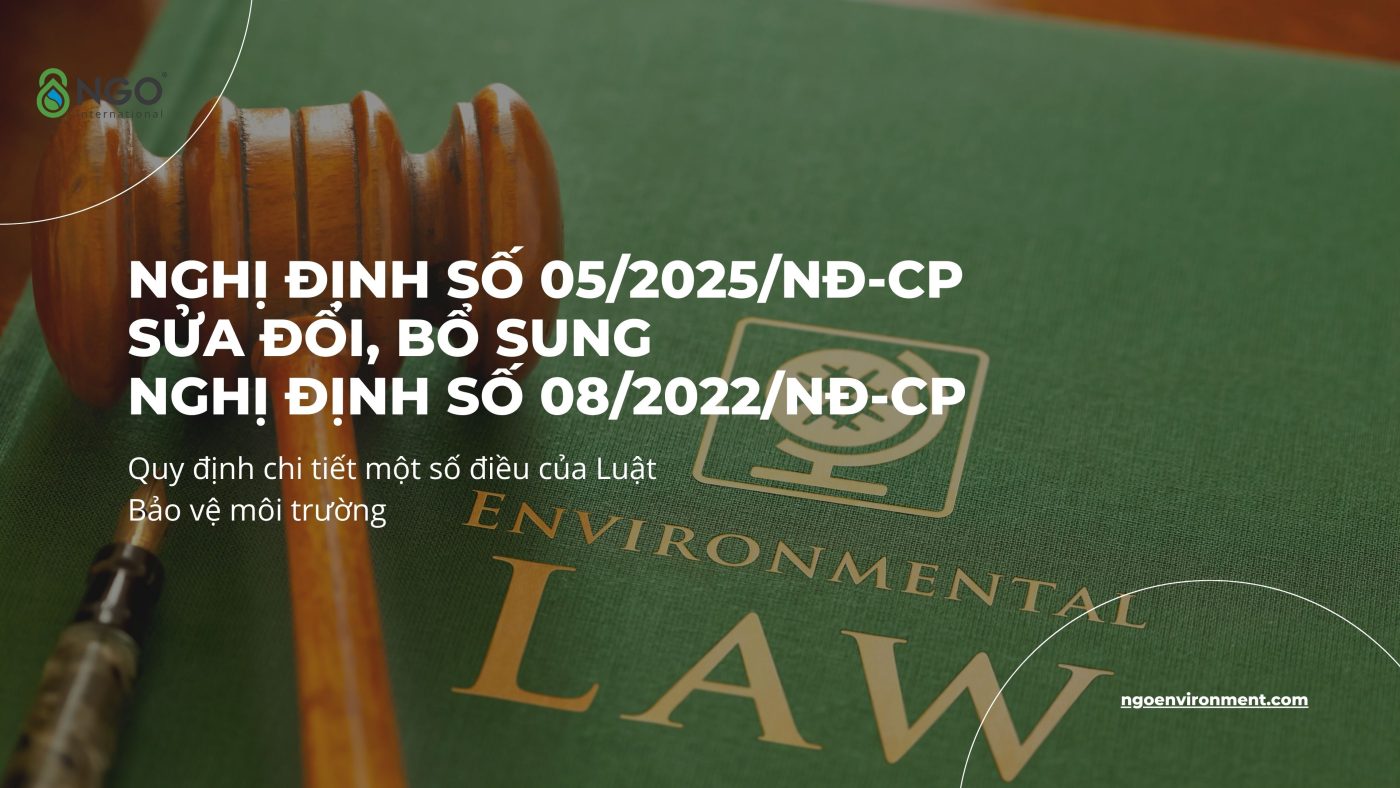
Effective from July 1, 2025, regulations regarding the issuance of construction capability certificates for organizations were officially abolished. This groundbreaking change is expected to remove an administrative “barrier,” creating a healthier and more transparent competitive environment for businesses in the industry, including specific sectors such as the construction of wastewater treatment works.
This change came into effect based on the provisions of the Law on Railways 2025, issued by the National Assembly on June 27, 2025. Specifically, this law abolished Clause 4, Article 148 of the Law on Construction 2014 (amended and supplemented in 2020), which was the provision requiring organizations participating in construction activities to possess capability certificates.
From pre-inspection to post-inspection
- Previously, the capability certificate was considered a state management tool and often became a mandatory requirement in many bidding dossiers for state-funded projects. However, in reality, this regulation was sometimes abused, becoming a burden and an invisible barrier for many contractors.
- With the new regulation, the burden of administrative procedures for new issuance or re-issuance of certificates will be completely removed. Instead, organizations participating in construction activities will self-disclose information regarding their capabilities. The state management mechanism will shift from “pre-inspection” (checking certificates before participation) to “post-inspection”. Accordingly, the Departments of Construction will be responsible for inspecting and handling violations regarding compliance with capability conditions of organizations within their management jurisdiction.
No overlap with Decree 175/2024/ND-CP
Many may wonder if the abolition of certificates causes overlap or conflict with Decree 175/2024/ND-CP, which details the management of construction activities and mentions capability management.
However, it is necessary to clarify that:
- The Law on Railways 2025 abolishes the requirement for certificates – effectively removing an administrative procedure, a type of “sub-license”.
- Decree 175/2024/ND-CP details the capability conditions that an organization must meet (such as personnel, equipment, experience, finance) to implement a project.
Thus, abolishing the certificate does not mean abolishing capability requirements. Enterprises, including contractors in the wastewater treatment sector, must still ensure full compliance with capability conditions as prescribed. The key difference is that now they do not need to apply for a paper certificate but instead must self-declare and take responsibility for the honesty of the information they publish.
The essence of the contractor’s capability and experience will be demonstrated more comprehensively through similar contracts, personnel capacity, and specific equipment in the bid dossiers. This change is assessed to help construction businesses focus on their core competencies, which are project quality, progress, and innovation, rather than being bound by formalistic administrative procedures.

 Tiếng Việt
Tiếng Việt





